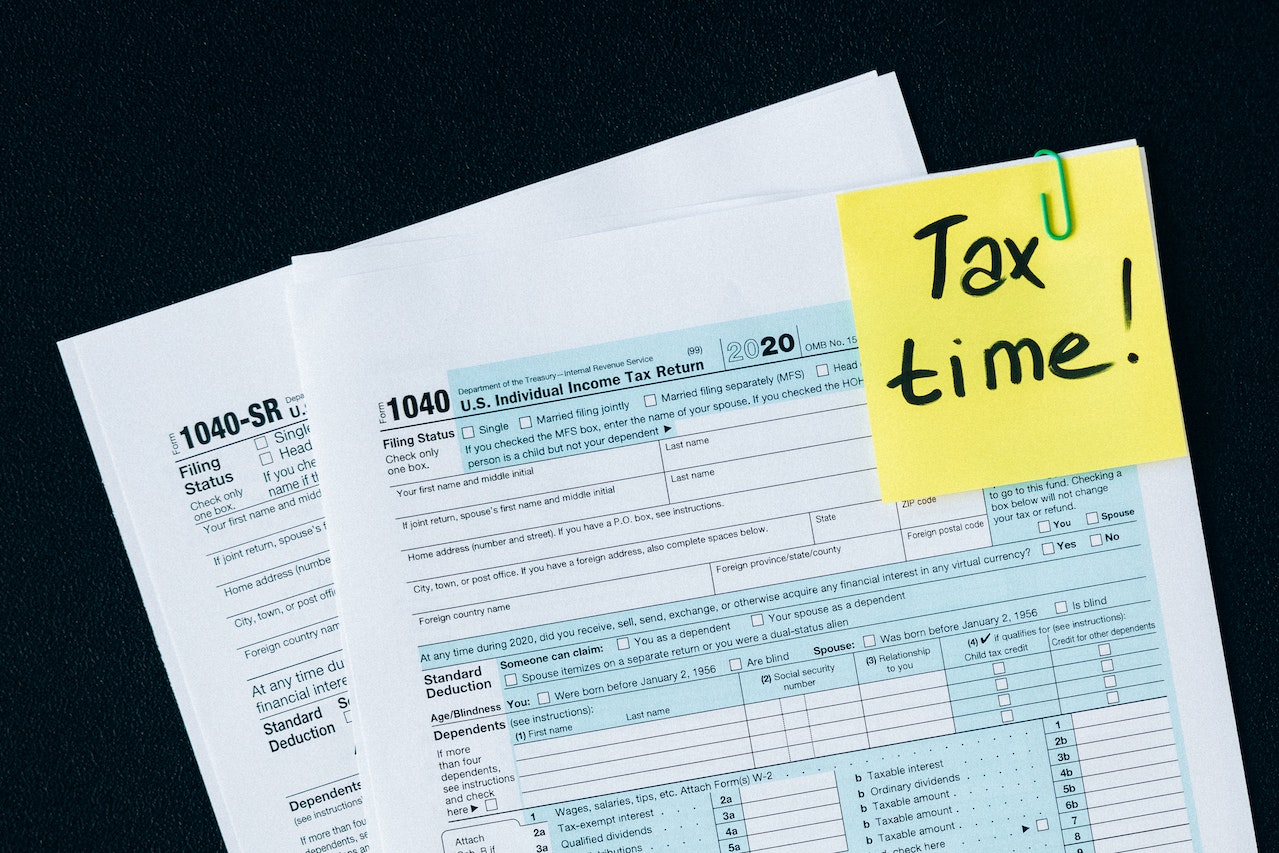
Tax season is upon us, and for many seniors that means it’s time to gather up all your papers, receipts, and other documentation. One of the toughest parts of filing taxes for seniors is knowing how long to keep certain tax records.
AARP reports that you should keep records for at least three years. This is the recommendation of the Internal Revenue Service, and it’s generally sound advice to follow. It applies to all taxpayers, regardless of age.
But sometimes, it’s wise for seniors to hold on to their tax records a little longer. For instance, if you file a claim for a refund, you should keep the records related to your filing for at least three years. But if you don’t receive that refund within the three-year period, you should hold on to the records for an additional two years.
If you own real estate or investments, it’s a good idea to hang onto tax returns and related documents for at least seven years. If you received a substantial inheritance, the IRS recommends that you keep those records on file for seven years as well.
In general, it’s best to err on the side of caution and hold on to your records longer than the minimum three-year period. This will give you access to them in case of an audit, and will make filing taxes much easier. Storing them in digital form can help you locate them quickly and easily.
The Seniors Center is here to help you navigate Social Security, tax season, and all other aspects of your life as a senior citizen. Be sure to follow us on Twitter and Facebook today to become part of our community!



